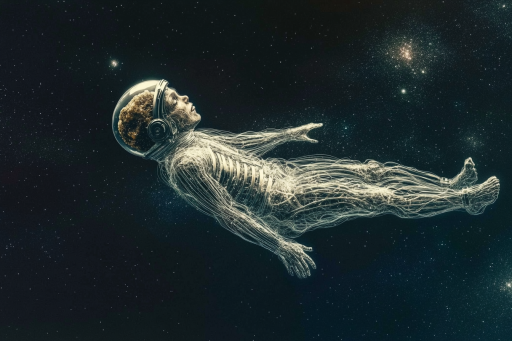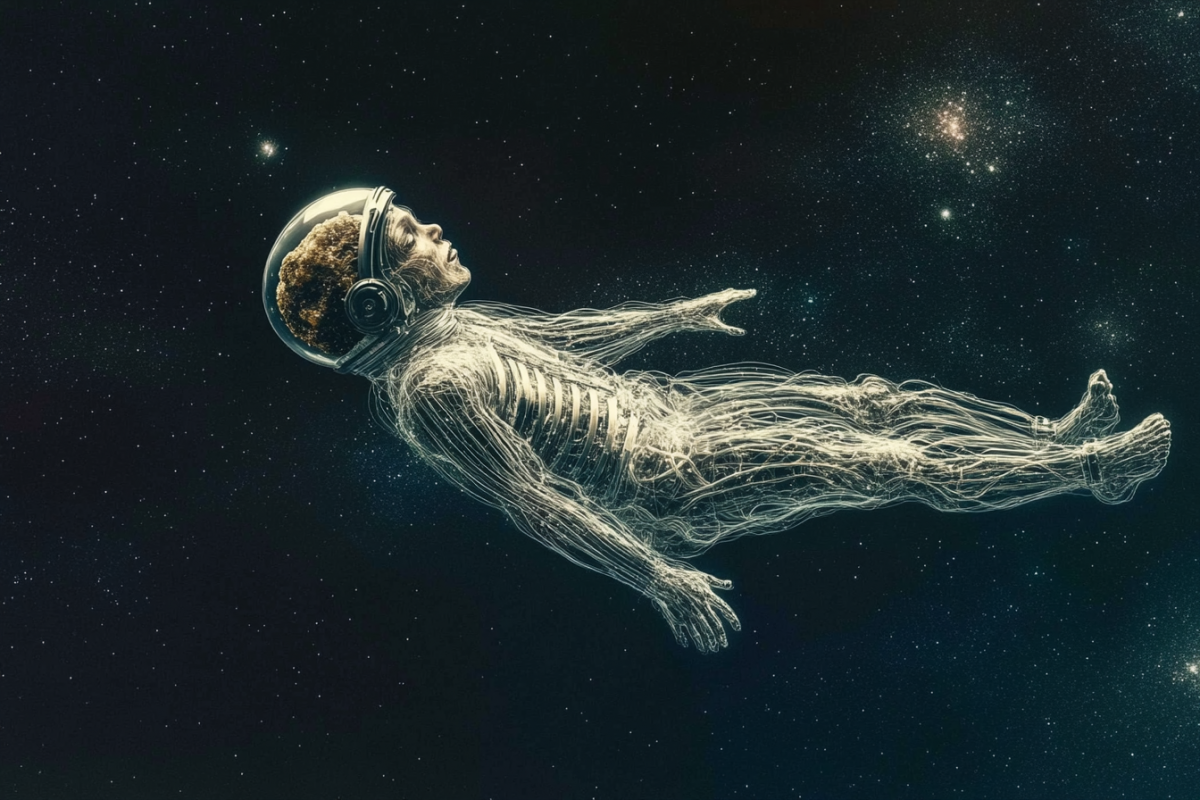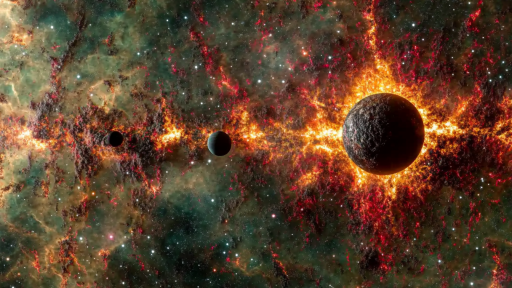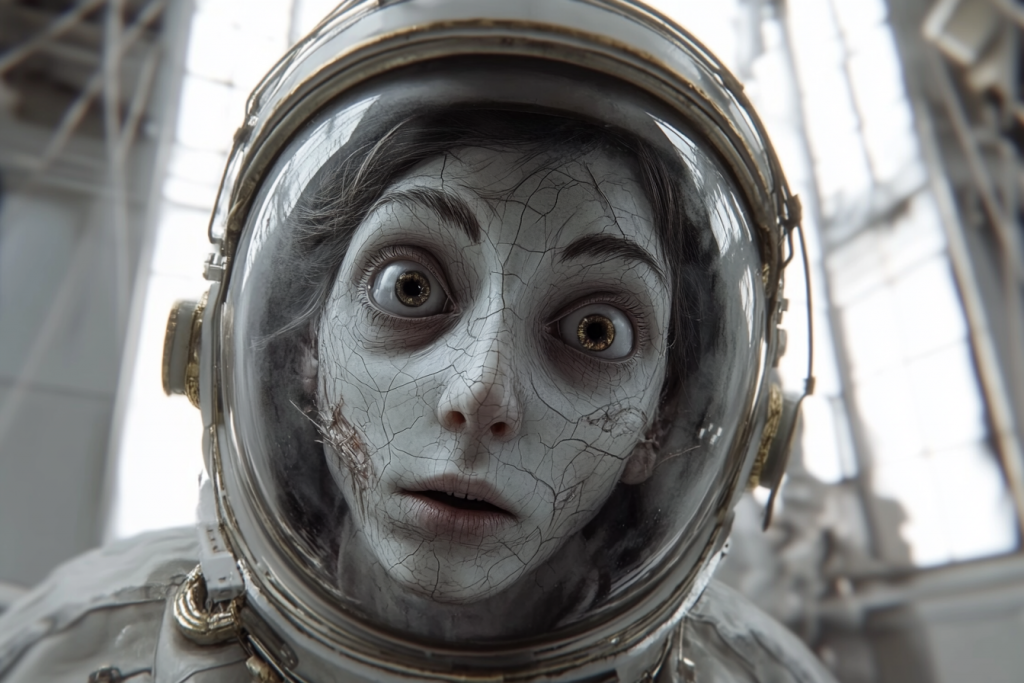
Space travel is one of the most extreme experiences a human body can endure, and the effects go far beyond just floating in zero gravity. Without Earth’s protective atmosphere and gravity, astronauts experience bizarre and often permanent changes to their physiology. From weakened bones to altered DNA, the human body transforms in ways that defy expectations. Here are the most shocking ways space travel changes the body forever.
Bones Weaken and Shrink in Microgravity
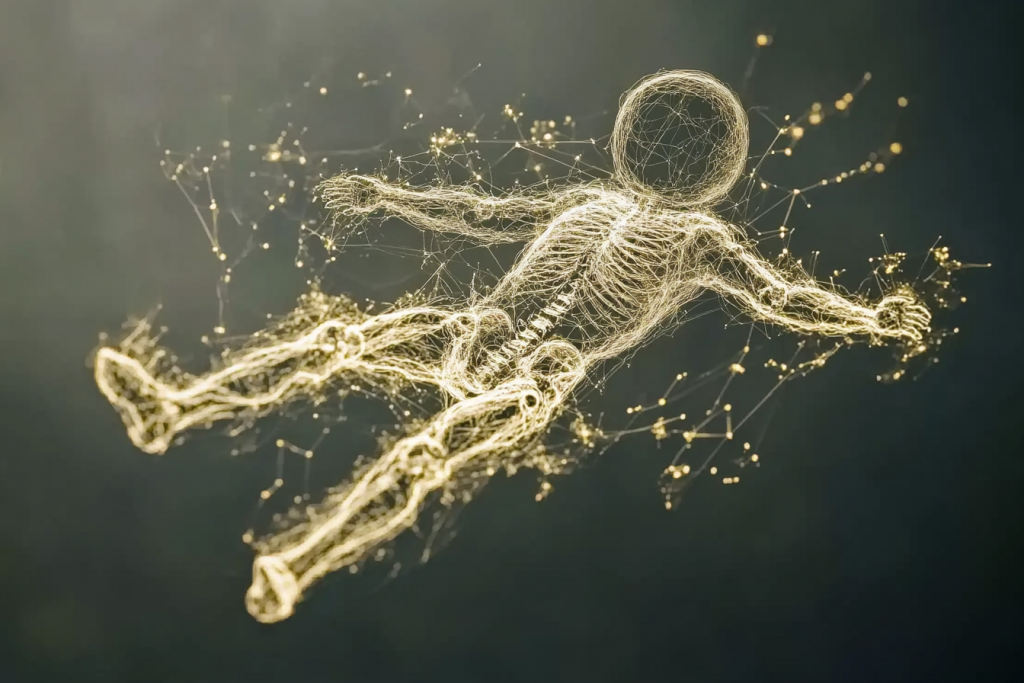
Without gravity constantly pulling on the skeletal system, bones begin to lose density, weakening over time. Astronauts can experience up to 1% bone loss per month in space, a condition similar to osteoporosis. Even after returning to Earth, some of this bone loss may never fully recover.
The Heart Becomes More Spherical
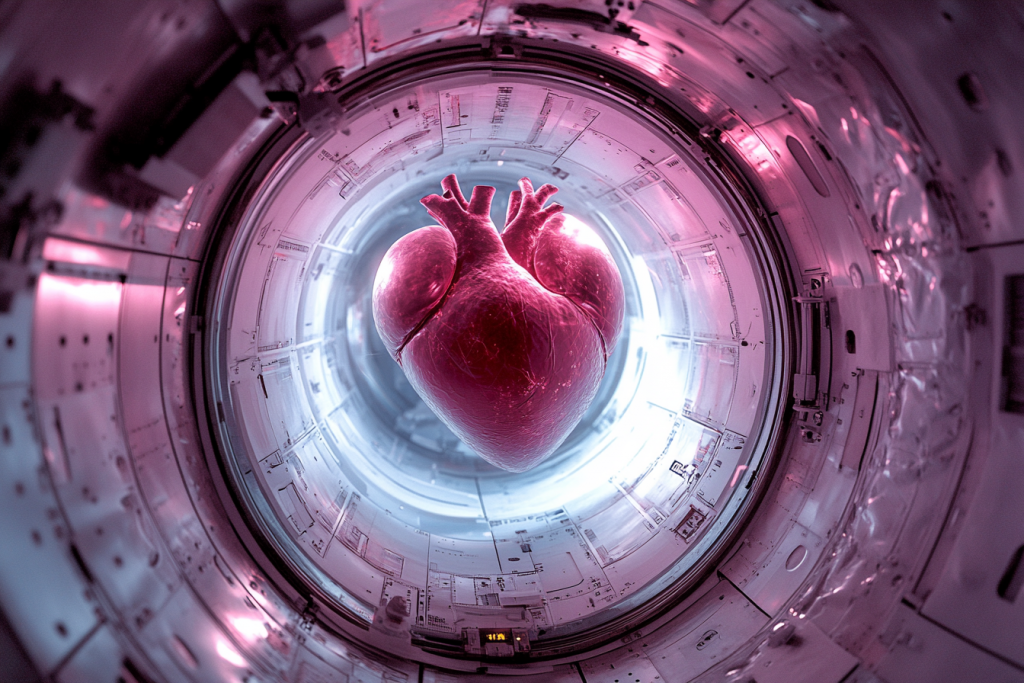
In the absence of gravity, the heart doesn’t have to work as hard to pump blood, causing it to become rounder. This change can reduce overall cardiovascular efficiency and increase the risk of heart conditions. Scientists are studying whether the heart returns to normal after extended time back on Earth.
The Spine Stretches, Making Astronauts Taller
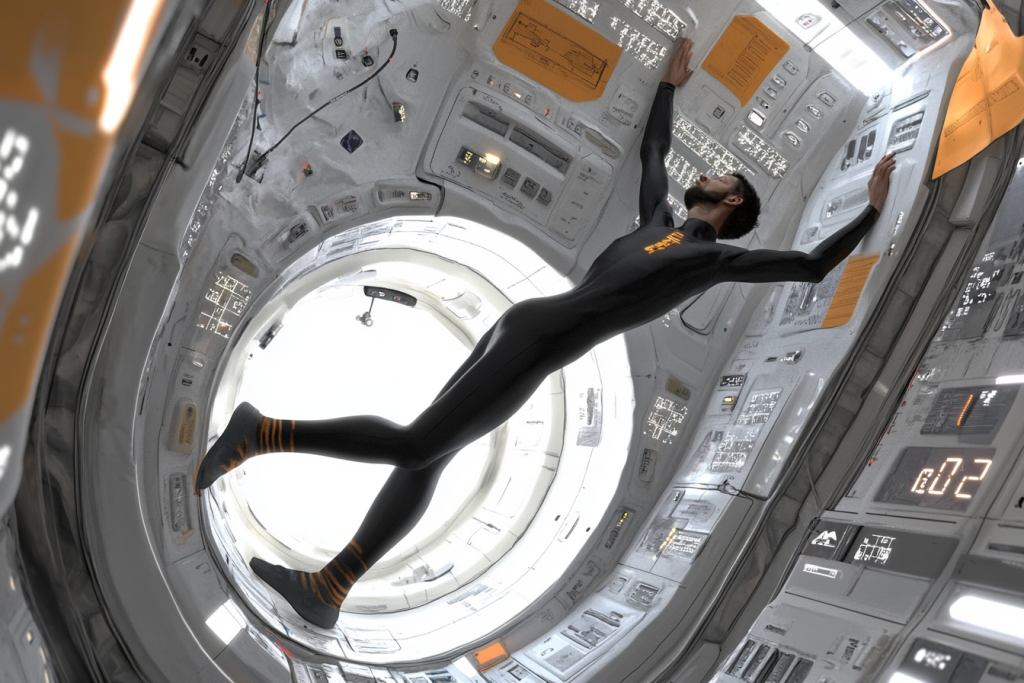
Without Earth’s gravity compressing the spine, astronauts can grow up to two inches taller in space. This spinal lengthening can cause discomfort and even long-term back issues once they return to normal gravity. The sudden stretching puts strain on the body, making re-adaptation to Earth’s gravity painful.
Vision Can Deteriorate Permanently

Many astronauts experience a condition called Spaceflight-Associated Neuro-ocular Syndrome (SANS), where pressure changes in the skull flatten the eye. This can lead to blurred vision, difficulty focusing, and, in some cases, lasting eyesight damage. Scientists are still investigating how to prevent these vision changes during long-duration missions.
Fluids Shift to the Upper Body, Puffing Up the Face

Without gravity pulling fluids downward, astronauts experience fluid redistribution, causing their faces to swell. This leads to a puffy appearance, nasal congestion, and pressure inside the head. Some astronauts describe it as feeling like they’re constantly hanging upside down.
The Immune System Becomes Weaker
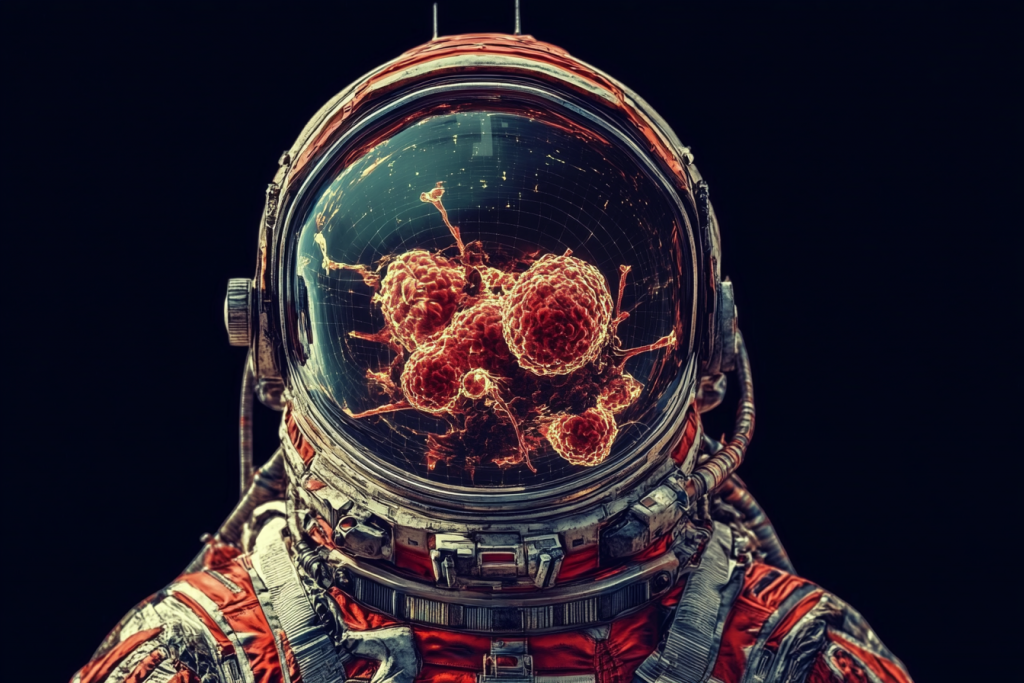
Exposure to space radiation and microgravity weakens the immune system, making astronauts more vulnerable to infections. Studies show that immune cells become less effective, increasing the risk of illness. A weakened immune response is a major concern for future long-term space missions.
Radiation Exposure Can Alter DNA
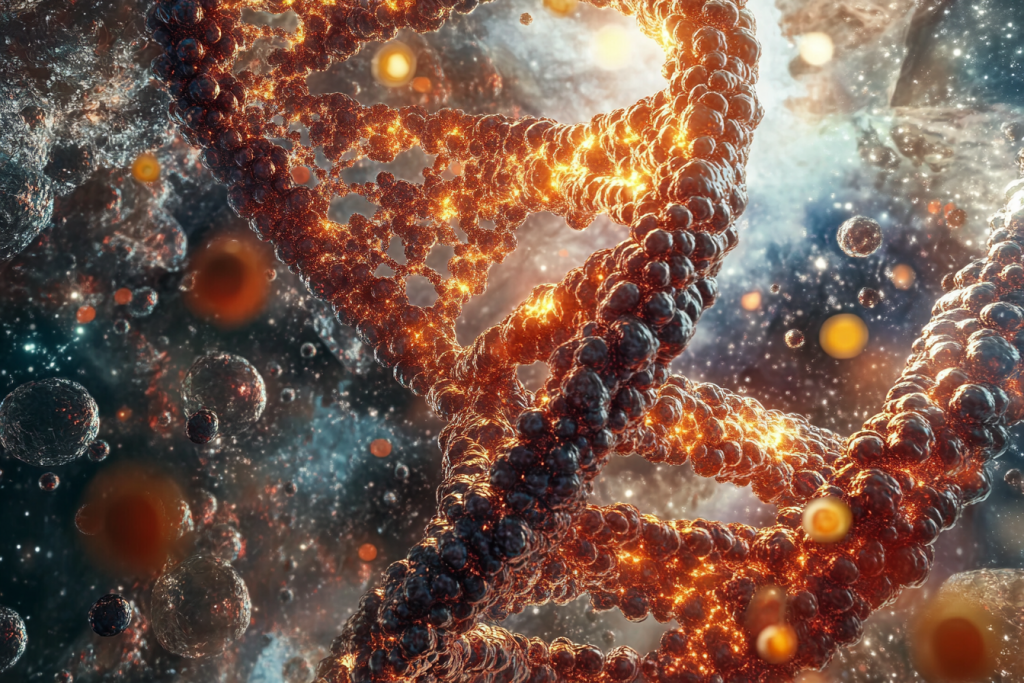
Beyond Earth’s protective atmosphere, astronauts are exposed to high levels of cosmic radiation. This exposure increases the risk of cancer and can even cause genetic mutations. Some DNA changes may persist even after returning to Earth, potentially affecting future generations.
Muscles Shrink and Weaken Without Gravity
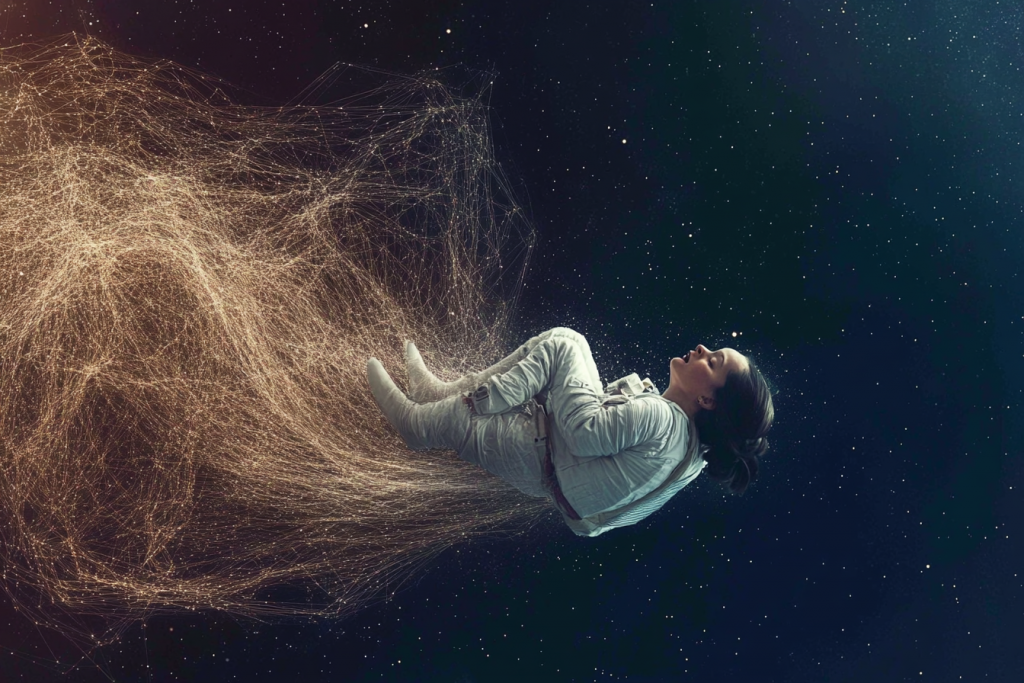
With no resistance from gravity, muscles atrophy quickly in space, especially in the legs and lower back. Astronauts must exercise for hours each day just to maintain muscle mass. Even with rigorous workouts, some muscle loss is unavoidable, making reentry to Earth’s gravity physically exhausting.
The Brain Rewires Itself for Zero Gravity
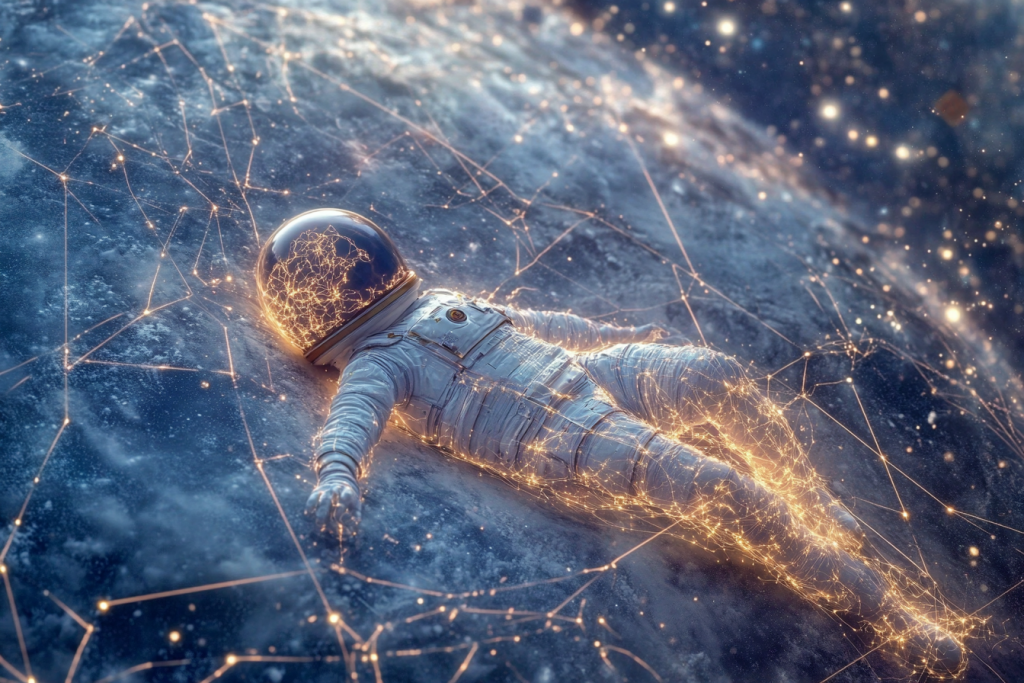
In space, the brain has to adjust to an entirely new way of processing motion and balance. Without gravity, the inner ear struggles to orient the body, causing dizziness and nausea. Over time, the brain rewires itself to function differently—sometimes making readjustment to Earth more difficult than expected.
Taste Buds Become Less Sensitive
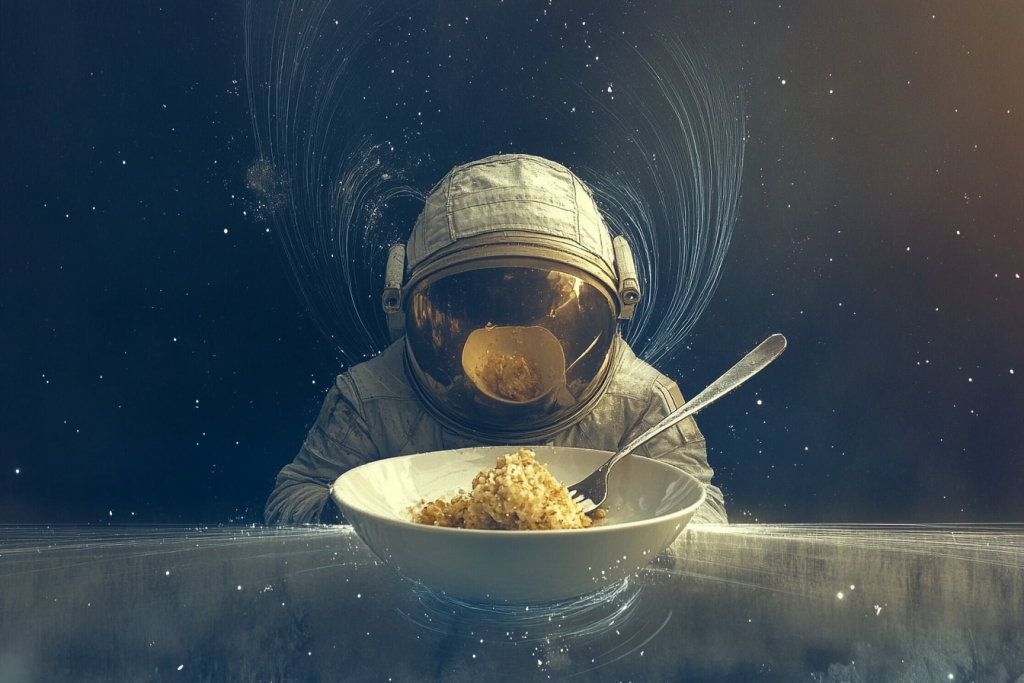
Many astronauts report that food tastes bland in space, forcing them to crave spicier, more intense flavors. Scientists believe this is due to fluid buildup in the upper body, affecting the sinuses and reducing the sense of smell. This change can linger for weeks after returning to Earth.
Blood Flow Changes Can Cause Dangerous Clots
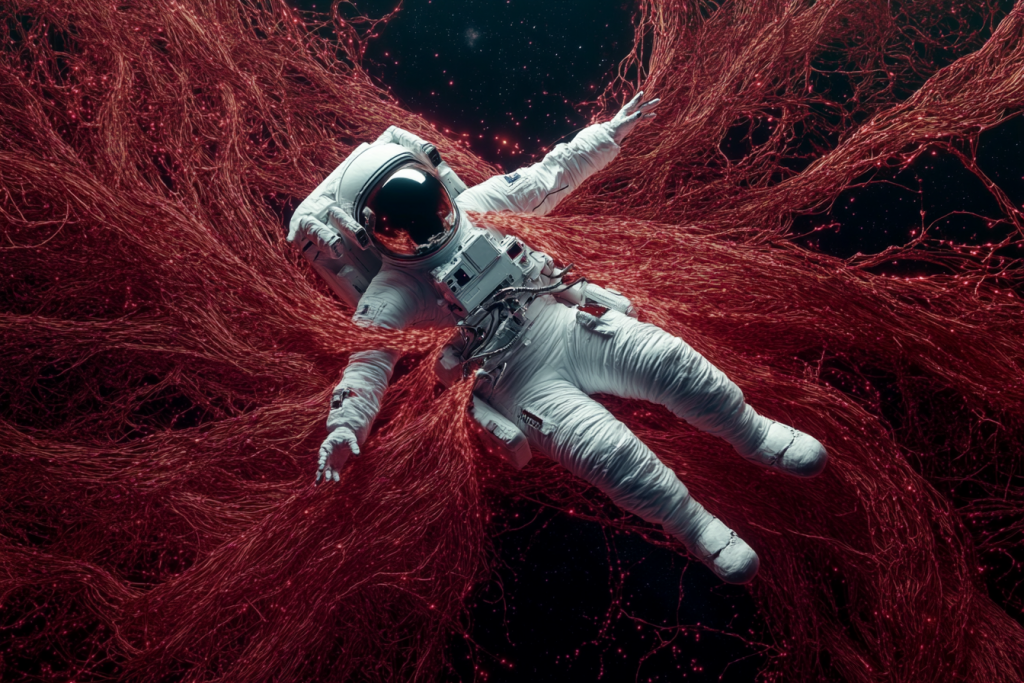
Studies have shown that space travel alters blood circulation, sometimes leading to unexpected clot formation. In one case, an astronaut developed a blood clot mid-mission, posing a potentially life-threatening risk. These circulation changes raise concerns for long-duration missions, such as those to Mars.
The Human Body Wasn’t Built for Space—But It Adapts
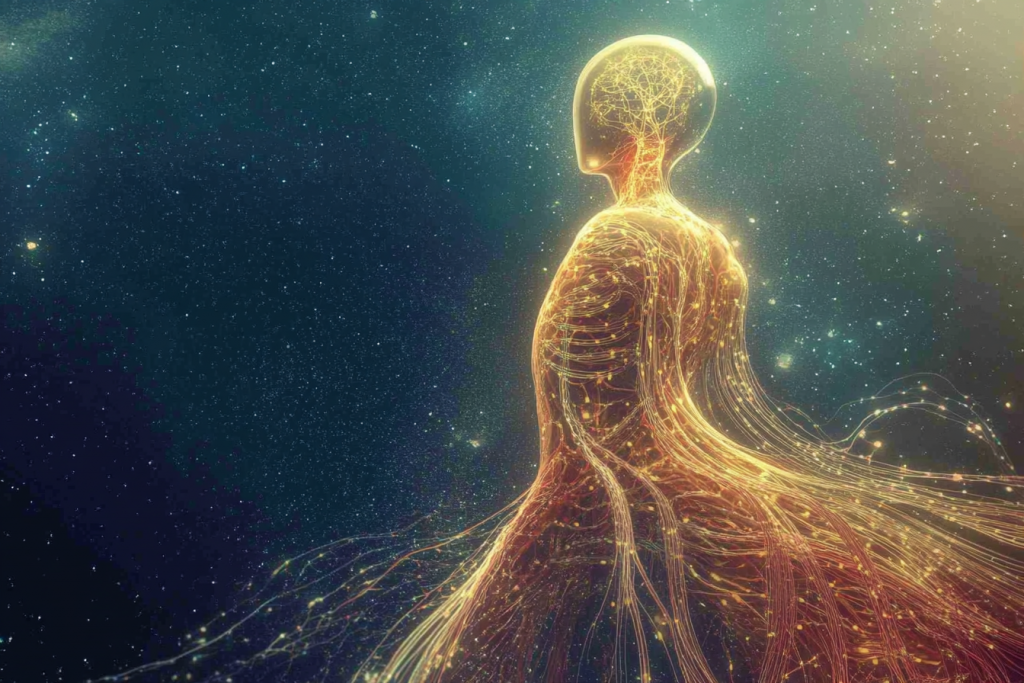
Space travel challenges the body in ways that seem almost impossible to endure, yet humans have shown remarkable adaptability. From rewiring brain function to altering DNA, space forces the body to evolve in unexpected ways. The real question is: how much more will we change as we push farther into the cosmos?

